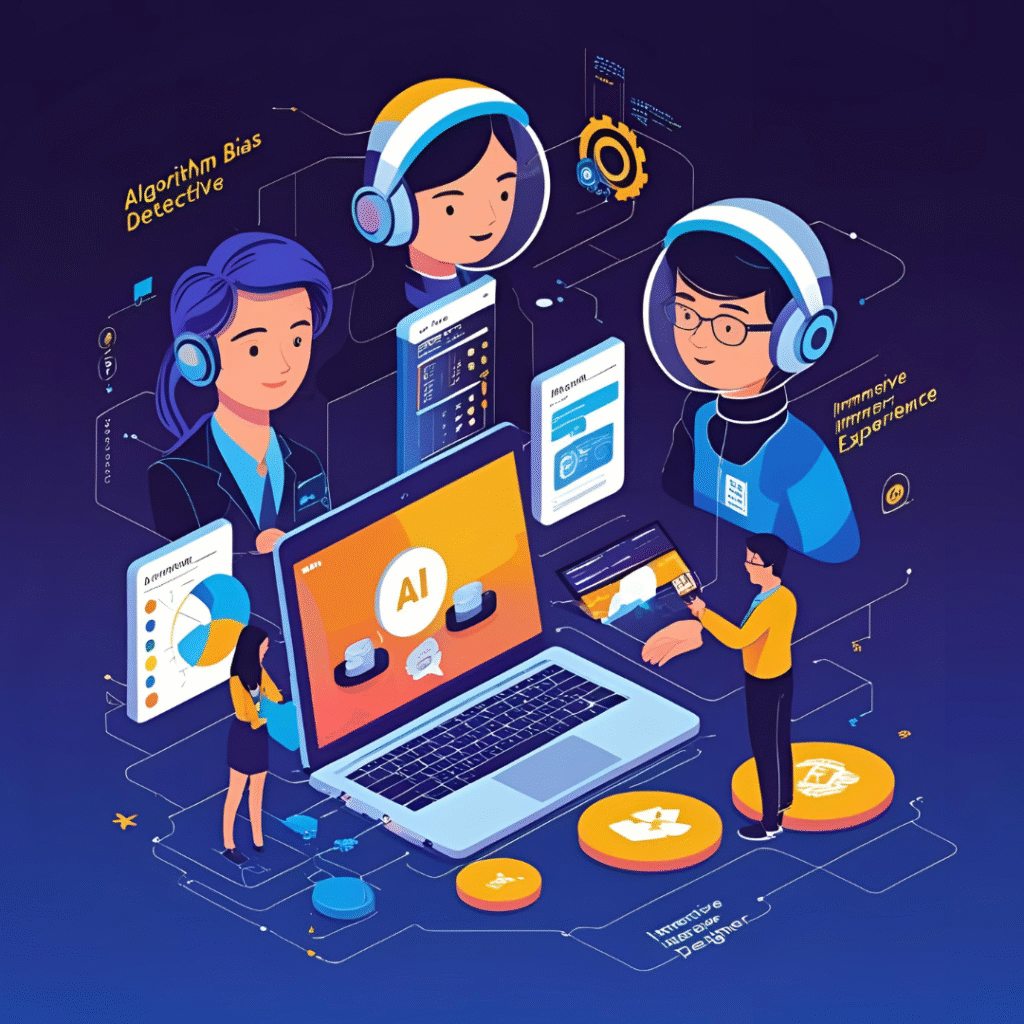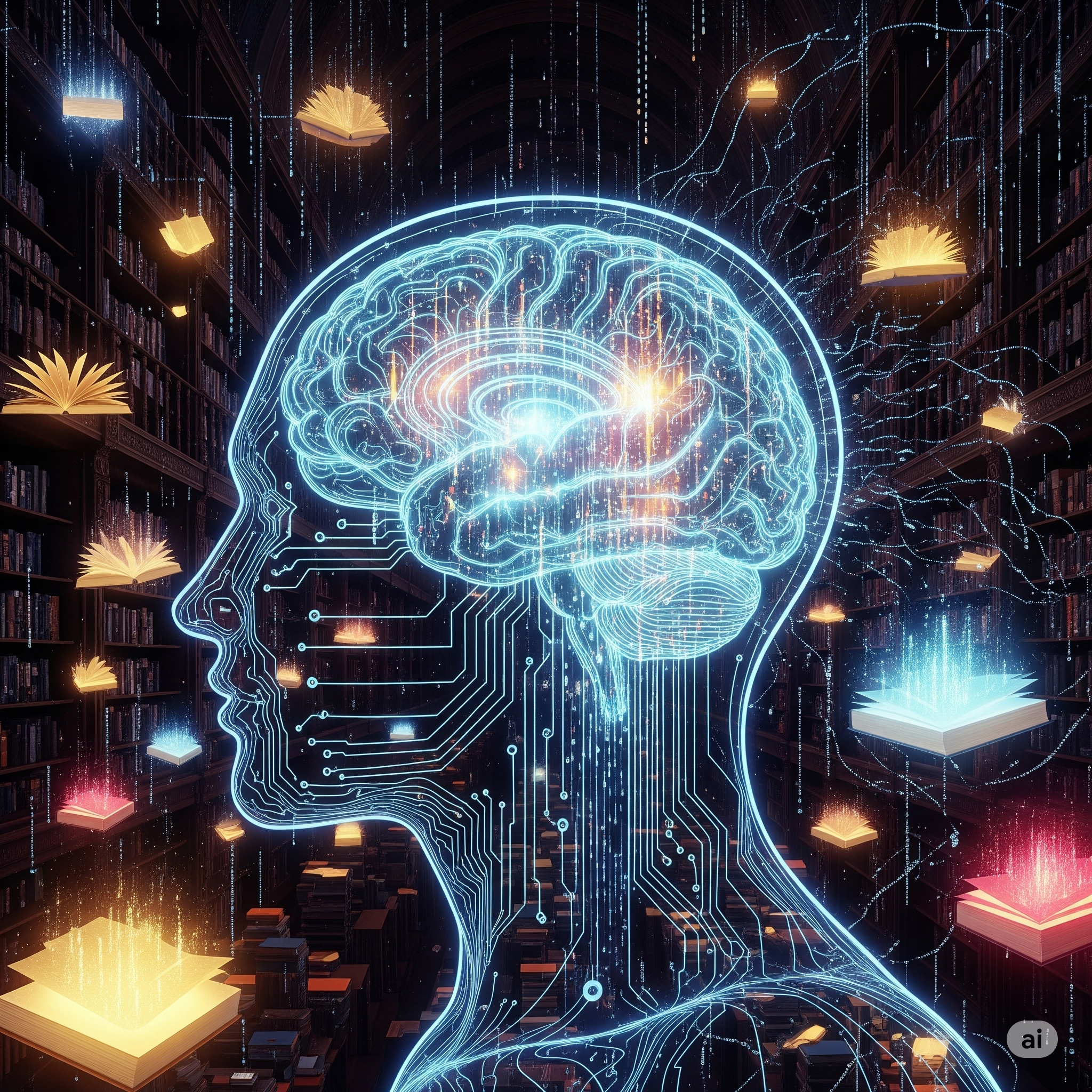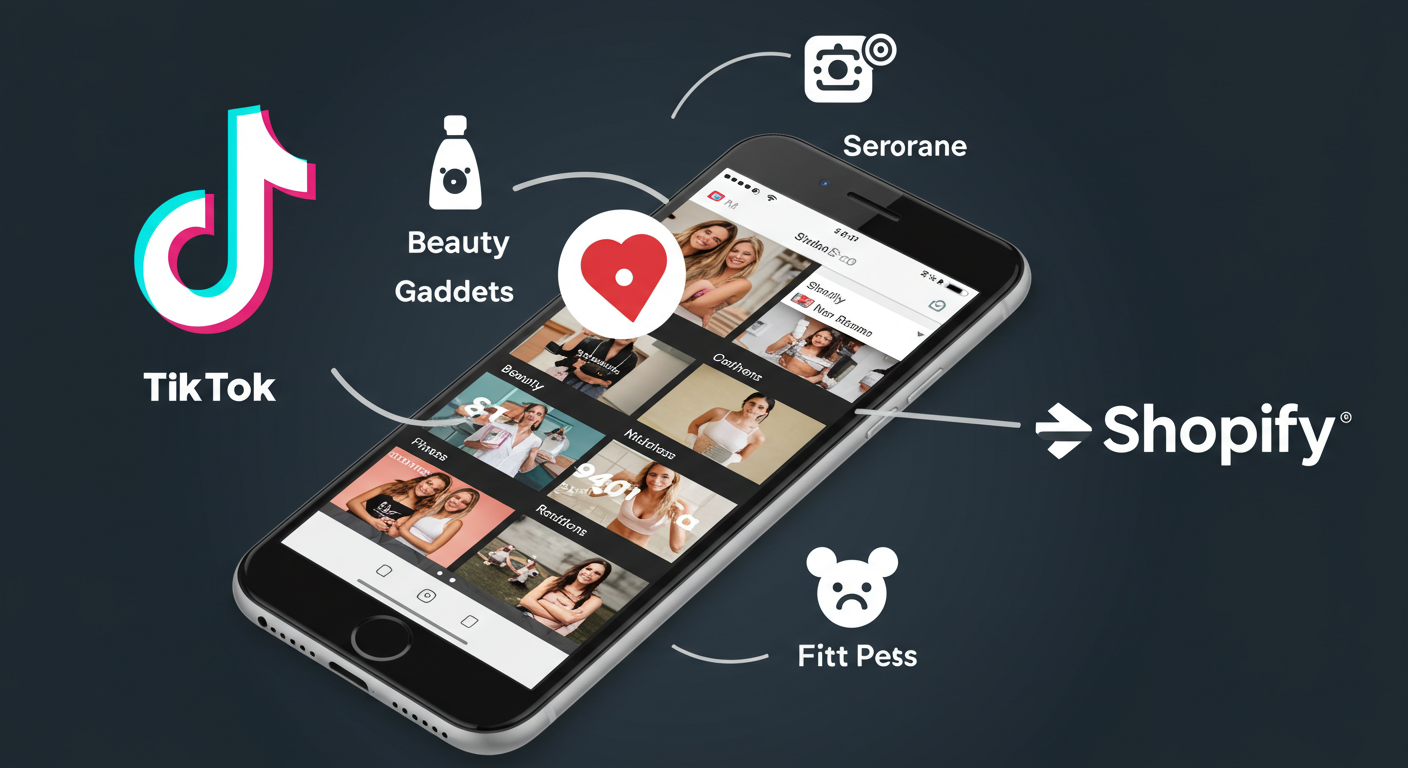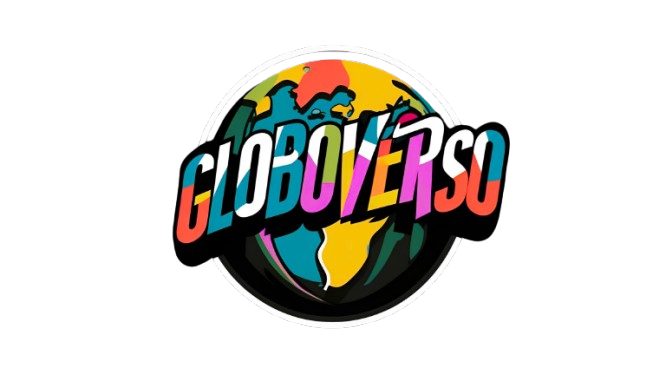Carreiras centradas no ser humano na era da IA
Em um mundo repleto de automação, empregos que valorizam a empatia e a conexão humana estão em ascensão. Cuidadores de idosos, terapeutas familiares, mediadores comunitários e professores estão se tornando ainda mais essenciais. A IA pode agilizar tarefas, mas nada substitui o toque sensível de quem ouve e adapta soluções à realidade de cada um. Famílias que entendem isso já buscam formação complementar: psicologia positiva, comunicação não violenta e atendimento inclusivo. Empresas valorizam profissionais que unem tecnologia e cuidado, criando experiências personalizadas. Este é o momento de desenvolver habilidades socioemocionais, pois mesmo em saúde mental, educação e serviços sociais, algoritmos precisam de supervisão ética e de um coração humano. Pais e educadores podem incentivar as crianças a desenvolver empatia desde cedo com projetos comunitários, rodas de contação de histórias e exercícios de escuta ativa. Assim, mesmo que você não queira programar robôs, você pode construir uma carreira sólida — baseada no que só o coração humano pode oferecer.
The Role of an AI Content Curator in Family Education
Have you heard of AI content curation? This new role is expanding in schools, companies, and even at home. The AI Content Curator knows how to search, filter, organize, and deliver high-quality information — with the help of artificial intelligence. Imagine parents using AI to plan study sessions for kids, picking the best materials for their learning style. This skill is so valuable it’s already a paid job in startups. Platforms like ChatGPT and Bard don’t work alone — it’s the human curator who bridges raw data and practical knowledge. To stand out, learn advanced research skills, master clear prompts, and know how to check reliable sources. Schools that embrace this can give students and families a more meaningful experience, helping them navigate a sea of information. This way, AI works for critical thinking, not just for shortcuts.
Prompt Engineering: Speaking the Language of AI
Prompt Engineering is a brand-new but vital skill. It’s about talking to AI strategically, using specific commands to get useful, creative, or accurate results. Teachers, freelancers, content creators, and even parents studying with kids benefit from this. Writing good prompts saves time, improves quality, and reduces confusion. There are free mini-courses to get started. OpenAI, Microsoft, and Google already offer basic Prompt Engineering modules. At home, it’s a skill that connects generations: teens learn to use AI with purpose, adults gain confidence to apply it at work. Families can even set up practice sessions with fun or educational prompts. This skill also opens doors to careers like AI consultant or scriptwriter for automated content. Getting ahead today gives you an edge tomorrow — because having access to AI isn’t enough: you need to know the right questions to unlock its full power.

AI Educational Tools Specialist
Imagine turning your interest in tech and education into a future-proof job: the AI Educational Tools Specialist. This professional creates or adapts apps, gamified platforms, study bots, and interactive materials that use AI to enhance student and teacher experiences. For educators, it’s a chance to combine creativity, no-code programming, and pedagogy. Many families already do this at home, creating custom quizzes or games with AI. Free courses in no-code and instructional design are on Coursera, Udemy, and Khan Academy. As AI grows, schools hire consultants to review and implement tools ethically, protecting data and ensuring accessibility. It’s a niche that demands constant learning: diving in now expands your opportunities to freelance or work for edtech startups. For teachers leaving traditional classrooms, mastering these tools can unlock a flexible, digital career that impacts how children and adults learn.
Social Impact Data Analyst
Not every data analyst is stuck with spreadsheets and code. The Social Impact Data Analyst uses AI to turn numbers into real-life actions that improve communities. These professionals cross-reference health, education, labor, and public policy data to find gaps and opportunities for change. NGOs, governments, and neighborhood groups already hire this role for projects that support vulnerable families, community schools, and underrepresented groups. It’s a career that blends analytics with empathy: technical skills matter, but understanding local realities is key. Tools like Tableau, Power BI, and machine learning algorithms help, but the human touch is what brings insights to life. Free bootcamps and online courses in data for good are growing fast. Encouraging teens and adults to explore this field ensures AI isn’t just for big corporations — it can help reduce inequality and create real impact where it’s needed most.
Algorithm Bias Detective: Ensuring Ethical AI
In a world run by algorithms, a vital new profession is emerging: the Algorithm Bias Detective. This expert investigates how AI models might reproduce or amplify bias, harming minorities, vulnerable families, or overlooked communities. Governments, businesses, and schools are already hiring consultants to audit data sets, check automated decisions, and recommend changes for transparency. This role blends data science, digital rights law, sociology, and human rights education. For curious teens and adults, free courses in AI ethics and bias analysis are on Coursera, edX, and university platforms. Parents and teachers can use this topic to spark conversations about diversity and critical thinking. When families know algorithms can be biased, it’s easier to demand fairer systems. Plus, this career will grow fast as new laws require regular AI audits to make sure tech works for everyone — not just a few.
AI Upskilling Consultant
Automation doesn’t just affect factories — today, even office and admin jobs are changing fast. The AI Upskilling Consultant helps families, schools, and businesses figure out which jobs are at risk and create transition plans for more creative or digital areas. This pro uses AI market analysis tools, skill-mapping platforms, and knows where to find free training. Parents can encourage kids to explore new interests, combining soft skills with tech know-how. NGOs, unions, and community centers hire these consultants to run workshops for people of all ages. This career is great for freelancers and educators who want to help local communities adapt to change with confidence. With remote work and generative AI booming, this role helps turn uncertainty into opportunity — giving people a roadmap to grow, instead of being left behind.
Immersive Experience Designer
As AI combines with other tech, new creative possibilities appear. The Immersive Experience Designer blends augmented reality, AI, and storytelling to build unique educational or cultural experiences. Museums, schools, cultural centers, and even brands hire these pros to develop virtual tours, interactive exhibits, or educational games. Imagine a family exploring a neighborhood’s history through an AI app that narrates true stories with 3D visuals. Teens can be inspired to pursue careers in 3D design, narrative writing, or virtual environment programming. Free AR/VR and interactive design courses are on Unity Learn and Google AR. For teachers, this transforms tough topics into engaging experiences that help students learn in fun, meaningful ways. The big advantage is combining empathy, technical skills, and artistic vision — something AI alone can’t do. For families, it’s a way to learn and create unforgettable memories together.
Learning Community Manager
Learning doesn’t just happen in traditional classrooms anymore. Today, families, schools, and companies are building Learning Communities, and managing them is a growing job. The Learning Community Manager connects people with shared interests, organizes study groups, AI-powered content curation, and hosts virtual or in-person meet-ups. The goal is to encourage real exchange, critical debate, and collective knowledge-building. This role can be a teacher, facilitator, or mentor skilled in digital collaboration tools and participatory methods. For families, this means forming local support networks — like parents who study AI basics with their kids, sharing links, free courses, and ideas. Platforms like Discord, Slack, and Telegram become true community classrooms. This profession values active listening, empathy, and mediation skills. Knowing how to use AI to energize these spaces makes you even more relevant in a world where learning never ends.
Future Careers Mentor
Finally, there’s a profession that ties it all together: the Future Careers Mentor. This guide helps teens and adults map trends, identify emerging skills, and plan personalized study roadmaps using market data and AI insights. They support career changers, upskillers, or entrepreneurs in new fields. For families, this role can even be done by a relative who knows how to use free tools to create learning paths. Many teachers are training to work as mentors, offering one-on-one or group coaching. AI platforms help track free courses, internships, and online networking. This career requires curiosity, lifelong learning, and generosity to share opportunities. In a fast-changing world, having someone who organizes information and points you in the right direction makes all the difference — empowering parents, kids, educators, and communities to move together toward a fairer, digital, and more human future.
Bonus Tip: Learn Together and Become Knowledge Multipliers
One of the best parts about exploring future-proof jobs is that no one has to do it alone. Bring your family together to try new AI tools, test free courses, and discover hidden talents. Make it a weekly routine: watch movies about tech, spend weekends crafting creative prompts, or debate AI ethics over dinner. When learning becomes a team effort, fear fades — and everyone becomes a knowledge multiplier. Parents who understand AI can help kids do schoolwork more independently and critically. Teens mastering Prompt Engineering can teach grandparents to use AI to restore old photos or write family stories. This cycle builds a support network that prepares everyone for a more dynamic job market — and a more curious, creative, connected life. Best of all, studying as a family turns every milestone into a shared celebration. Make AI your tool for unity!








